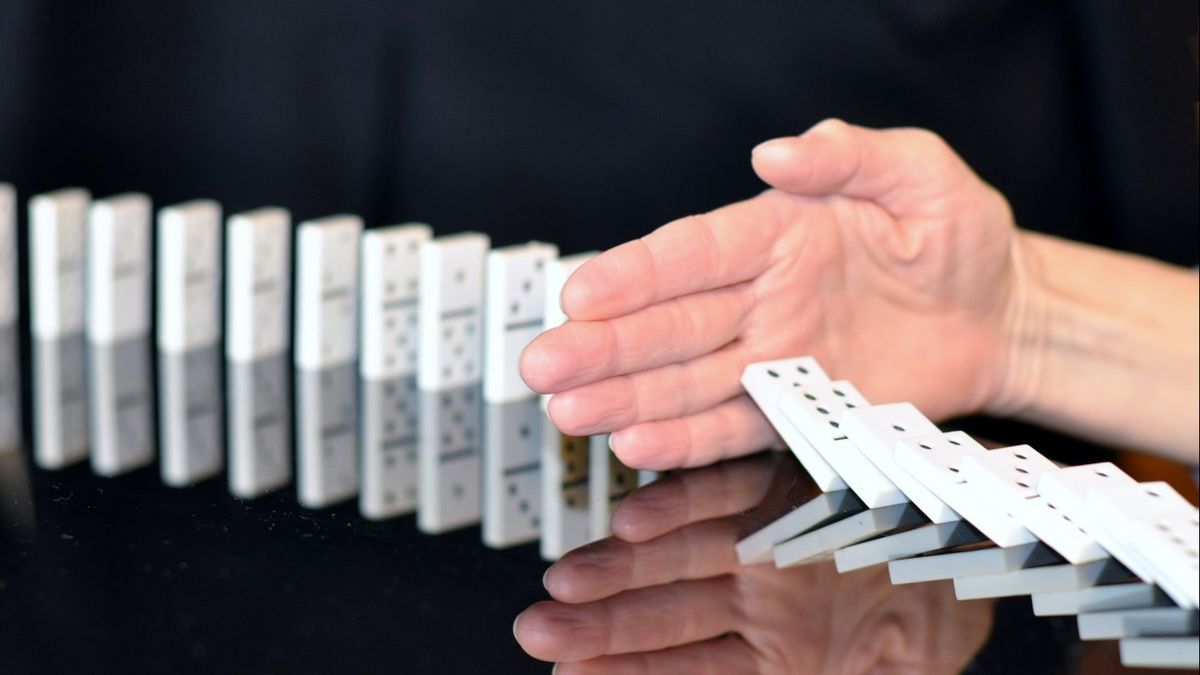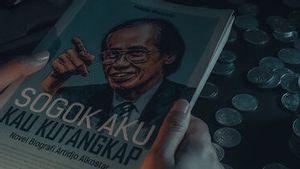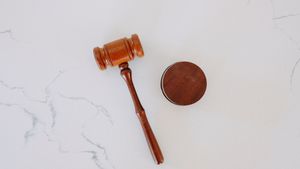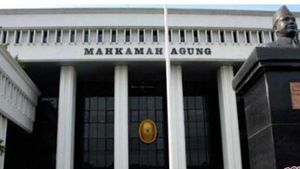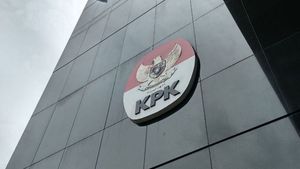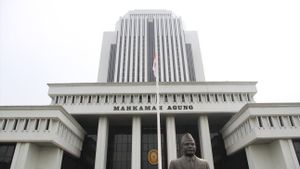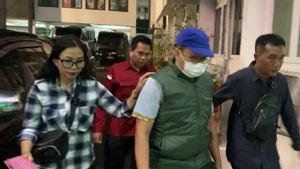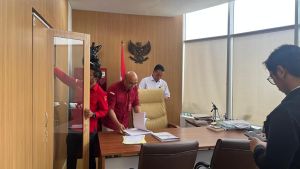JAKARTA - Trisakti University criminal law expert, Abdul Fickar Hadjar assesses corruption will be rampant after the Supreme Court (MA) annulled Government Regulation (PP) Number 99 of 2012 concerning Terms and Procedures for the Implementation of the Rights of Inmates. The reason is that the cancellation of this rule is tantamount to placing corruption as a general crime.
"If corruption is equated with other crimes, it is certain that the escalation of corruption will continue to increase, especially in activities or projects that use the state budget because there is no longer a party that strictly supervises law enforcement, especially law enforcement with threats of punishment and weighting," Fickar told reporters on Monday. November 1st.
Not only that, he considers this decision to be tantamount to showing a decline in the spirit of eradicating corruption among the Supreme Court justices. In fact, this rule should be a last resort to suppress someone's courage to commit a special crime, especially corruption.
Fickar also considers that there is no longer any distinction between special crimes and general crimes. Thus, he believes the Supreme Court's decision will make it easier for corruptors to get a discount on their sentence.
"Because every perpetrator of corruption who is punished with the available resources, it is not impossible to buy remission for various reasons that can be calculated," said Fickar.
Reflecting on this condition, he then asked that every law enforcement officer who handles special criminal cases such as corruption to maximize their demands to the perpetrators.
"KPK and the Attorney General's Office must prosecute with maximum demands against the corruptors. Thus, the judges must reaffirm their commitment to eradicating corruption so that if the right to remission continues, the punishment will be maximum," said Fickar.
SEE ALSO:
Not only that, but he also asked that corruption cases be resolved to the roots. Fickar considers this necessary to prevent other parties from helping each other, including intervening in ongoing legal cases.
"Protecting each other between criminals is a natural attitude as the spirit of one group and the spirit of the same fate," he said.
"Therefore, it is necessary to increase the capacity of law enforcement so that the dismantling of corruption can be carried out to its roots without relying on the assistance of justice collaborators," added Fickar.
As previously reported, the Supreme Court granted a judicial review of a number of articles in PP No. 99 of 2012 concerning the Terms and Procedures for the Implementation of the Rights of Inmates. This rule regulates the tightening of remissions for corruptors, terrorists, and perpetrators of narcotics crimes.
The decision was made by the former village head of Subowo and four other people. They are inmates at the Sukamiskin Correctional Institution, Bandung. The panel of judges who made the decision was chaired by Judge Supand and consisted of judges Yodi Martono Wahyunadi and Is Sudaryono.
In his decision, the judge considered that the function of punishment is no longer just to imprison the perpetrators to be a deterrent, but also rehabilitation and social reintegration efforts that are in line with the legal model that improves or restorative justice.
Another reason, the judge considered that prisoners are subjects who can make mistakes but do not have to be eradicated. According to them, what must be eradicated are the factors that cause prisoners to do things that are against the law.
The English, Chinese, Japanese, Arabic, and French versions are automatically generated by the AI. So there may still be inaccuracies in translating, please always see Indonesian as our main language. (system supported by DigitalSiber.id)
